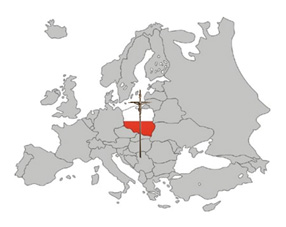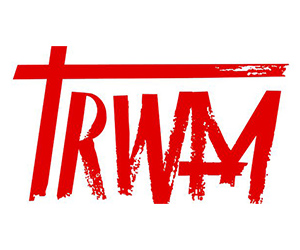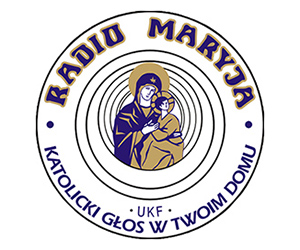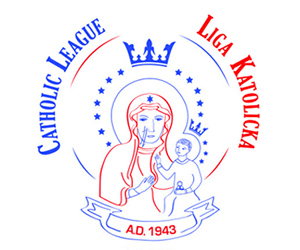
/Roman Harmata/
On May 1, 2019, the Polish President, Andrzej Duda, quoted a quote from the Pope John Paul II. on Twitter: “Entering the EU structures on an equal footing with other states is for our nation an expression of a certain historical justice. And on the other hand, it is the enrichment of Europe. Europe needs Poland. (…) Poland needs Europe “- Saint. Pope John Paul II
The above quotation reminds us that the Christian heritage of our nation and the establishment of the Polish State at the time of Baptism is a spiritual and historical reference point for every Pole, of which everyone should be proud, and which places us Poles in a family of nations sharing a common Christian tradition. The Holy Father John Paul II reminded us about this during his pilgrimage to his homeland in 2003.
“Poland has always been an important part of Europe, and today can not be excluded from this community – said the Pope. He strongly emphasized that “Europe needs Poland” and “Poland needs Europe,” and “can enrich Europe.” He appealed for “active building of a spiritual community based on the values that have allowed it to survive the decades of institutional atheism”. ”The Polish nation was shaped on the basis of God’s commandments. ” „I do not stop praying for it, “he said.
Let us also remind you that the Pope spoke about the “spiritual unity of Christian Europe” in 1979, when nobody dreamed of the vision of a united Europe in its present shape, and the doctrine of the Cold War and division of the continent with the Iron Curtain into two hostile camps caused many journalists to think that these were the messianic dreams of the Slavic Pope. In the American Newsweek, the papal vision of a united Europe was called a dream of a Slavic pope.
Eighteen years later in 1997, in a changed Europe, John Paul II has returned to this subject again: “There will be no unity in Europe until it is a community of spirit. This deep foundation of spirit brought Europe unity and for centuries it strengthened Christianity with its Gospel, with its understanding of man and contribution to the development of the history of peoples and nations. This is not an illicit appropriation or wrong grasp of history. The history of Europe is like a great river, into which numerous tributaries and streams fall, and the diversity of traditions and cultures that create it is as great wealth. The framework of European identity is built on Christianity. “
When today we look at what the discussion about the unity of Europe looks like, the most common questions are whether it will pay off. Who will receive subsidies, who will occupy what positions? Economy and politics dominate – unfortunately of a too liberal sort. The exception in the discussion about the future of Europe were the words of John Paul II, who first put spiritual issues and cultural and civilizational heritage, and he asked not about power and profit, but about what we can give of ourselves, and with what we can enrich others.
The Pope urged us not to be afraid to show our heritage, to face challenges, and not to be ashamed of their identity and not reject their Christian roots. He called us to give testimony.
He said to the bishops of our nation in 1997: “The Church in Poland can offer a unifying Europe its attachment to faith, its religious inspired custom, the pastoral effort of bishops and priests, and probably many other values that would make Europe a unified organism pulsing with not only high economic achievement, but also the depth of spiritual life. “
These words take on a special expression before the upcoming elections to the European Parliament. They should take these words to heart both as candidates for EU positions as well as voters. The future of Europe also depends on us.







